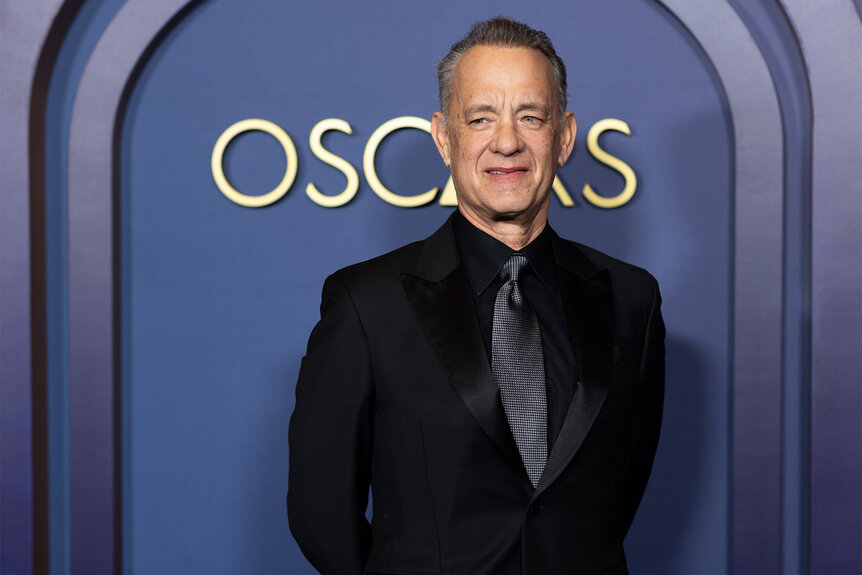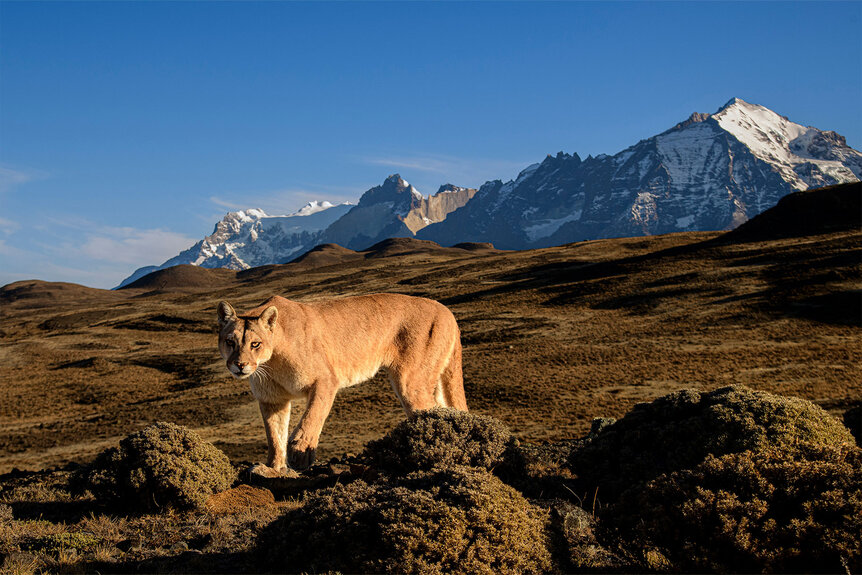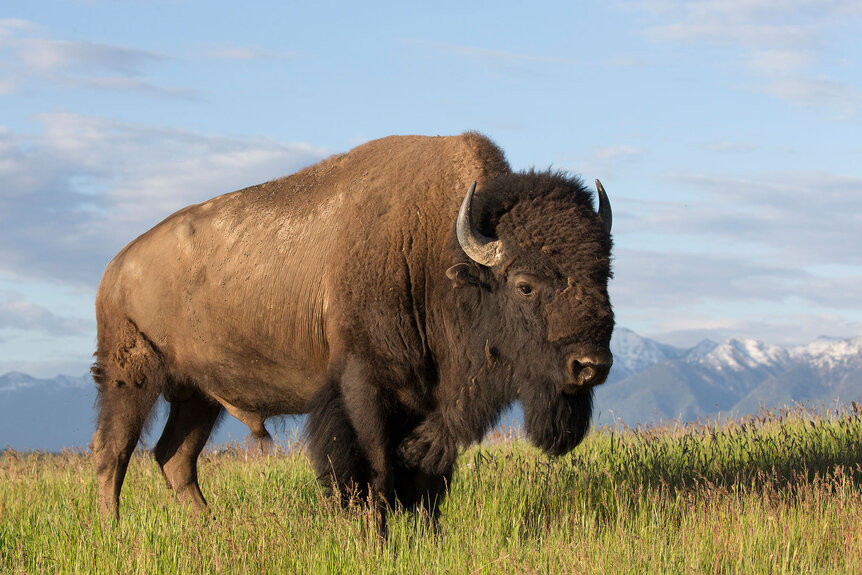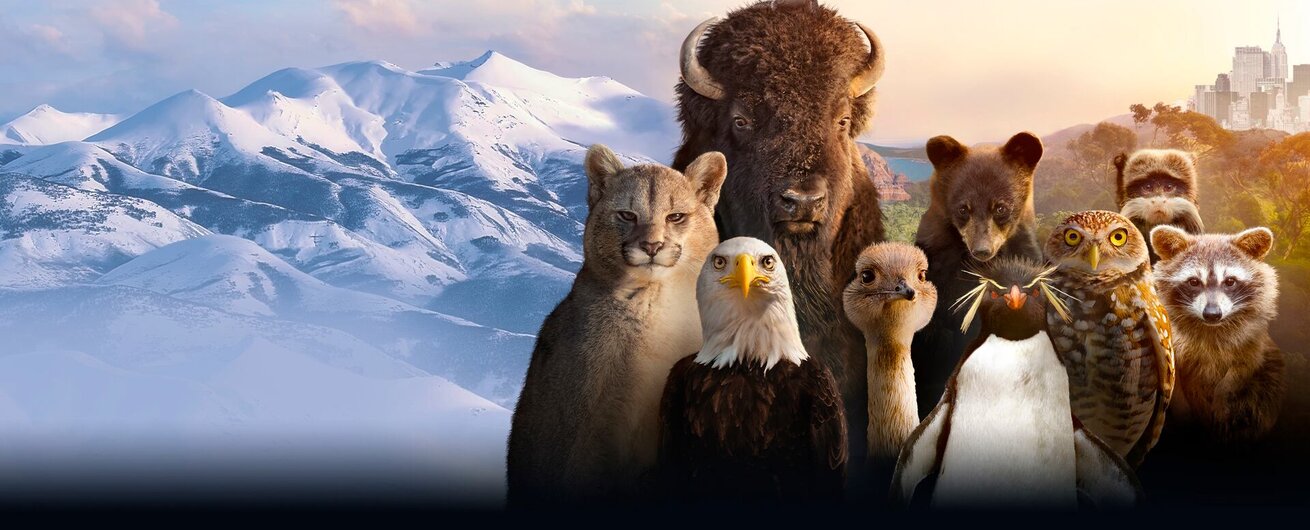Everything To Know about The Americas on NBC
The epic 10-part nature series, narrated by Tom Hanks, takes us inside some of the wildest corners of our continent.

The Americas, the new 10-part nature documentary on NBC, is aiming to do something radical: explore areas of our planet that have never been shown before.
“It’s all about firsts,” said executive producer Mike Gunton at a sneak peek last year.
The series, features actor, producer, and writer Tom Hanks, as the narrator. It has been five years in the making and focuses on the whole of the Americas, North and South, spanning all 8,700 miles. Producers revealed the incredible lengths they took to create a spectacular and wonder-provoking experience beyond the typical wildlife documentary fare — down to their choice of narrator.
RELATED: New Series Set in the Same Universe as The Office Coming to Peacock: Everything to Know
“We asked ourselves, who is the American version of David Attenborough? We agreed internally there was a list of one: Tom Hanks. What we didn’t know was if he would agree to do it. [But] it resonated with him,” said Toby Gorman, president of Universal Television Alternative Studio, according to The Hollywood Reporter.
How to watch The Americas?
The Americas premiered on Feb. 23, 2025 with a two-hour premiere starting at 7 p.m. ET/PT. on NBC.
New episodes air every following Sunday, and stream on Peacock.
Here’s everything to know about The Americas.
What is The Americas?
The Americas, a co-production between NBCUniversal and the BBC, takes us into the wildest and most remote areas of two continents that are seldom depicted on TV. It marks the first time North America and South America, home to the largest variety of life on the planet, are at the center of a wildlife documentary series. The series features many iconic locations in the United States, which viewers and their families will instantly recognize, but experience like they’ve never seen before.
“I had this idea for many years that there was one place on the planet that, for some reason, no one had ever really done a full job on, which is the whole of the Americas,” said Gunton. "It’s all about the scale of the place. There is nowhere on earth that has this range.”
Which places will be showcased in The Americas?
Viewers will travel from the Arctic to the Antarctic, along the Atlantic and Pacific Oceans, and across every biome, he noted, “going through the tropics, the subtropics, the equator, ice caps. You can’t imagine anything more diverse… [We] are delivering things people have never seen before.”
RELATED: Reba McEntire's Real Life Boyfriend to Star in Her New NBC Comedy, Happy's Place
Preview footage from the series, screened at Cannes’ MIPTV, took viewers to The Andes mountains where a mother spectacled bear attempts a perilous descent down a cliff face in search of food, with her cubs clinging to her. In another scene, the team caught a dramatic fight between two stallions after three years of filming wild horses. The series also cracked at least one mystery that has stumped naturalists for years: how sperm whales go diving, which Gunton noted “has long been a secret. We spent two years developing the technology giving a whale’s eye view as they dive into the abyss."
How was The Americas filmed?
The filmmaking team prepped for five years and made 180 expeditions to capture these never-before-seen moments. Drone technology was pivotal in documenting areas that were long inaccessible to explorers. “It was expensive. There were so many risks,” said Gorman. “It is the most expensive, unscripted project in NBC’s history, as far as I know,” he said. “But we are confident it’s been worth it.” A bonus episode at the end of the 10-part series will feature behind-the-scenes footage, revealing the high-tech magic that went into the incredible shots.
Who is the team behind The Americas?
Produced by the BBC Studios Natural History Unit in association with Universal Television Alternative Studio, the team includes Gorman from Universal Television Alternative Studio; Gunton, the executive producer and creative director of the BBC Studios Natural History Unit; and Holly Spearing, The Americas series editor from the BBC. The original score comes from Oscar and Grammy-winning composer Hans Zimmer.
The Americas partnerships with nature groups
If The Americas has you inspired to get involved or maybe learn even more about the Americas, the team behind the show has partnered with several nature groups for projects to let viewers find more information or get involved in everything from trail hikes to conservation efforts. Learn more about The Americas' various partnerships with groups including the National Wildlife Federation, AllTrails, Parks Project and more right here.








